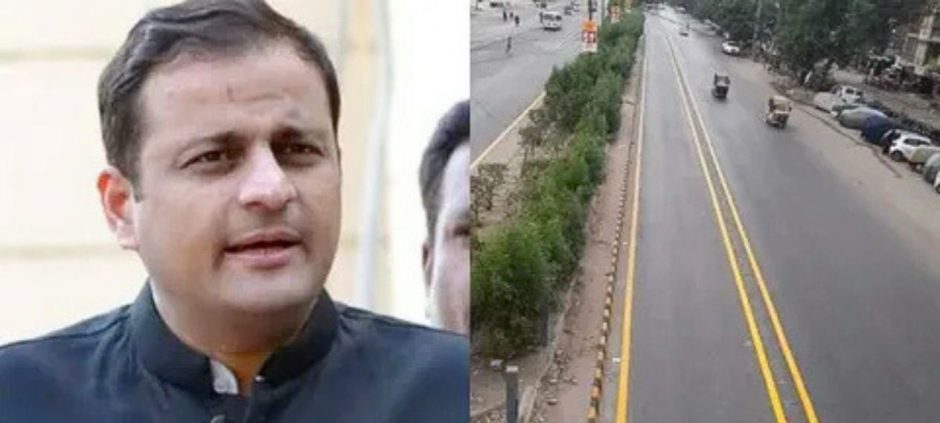The Karachi drainage system has once again come under sharp criticism after the city was hit by record-breaking rainfall that left neighborhoods submerged and daily life paralyzed. Mayor Murtaza Wahab admitted that the city’s outdated drainage network could not withstand the historic downpour, which disrupted transportation, damaged property, and raised public health risks.
Speaking to reporters, Wahab acknowledged the scale of the problem, stressing that Karachi needs a long-term and scientific approach to urban planning. He pointed out that unchecked encroachments, poor waste disposal, and decades of neglect have weakened the city’s natural and artificial drainage routes. The mayor urged citizens to cooperate in keeping stormwater drains clear of solid waste, which often blocks the flow of rainwater during heavy monsoons.
Karachi drainage system failures highlight urgent reforms
The collapse of the Karachi drainage system has reignited debates over accountability and governance. Critics argue that promises of infrastructure upgrades have been repeated for years with little progress on the ground. Many residents expressed frustration over stagnant water that lingered for hours in major areas such as Saddar, North Karachi, and Gulshan-e-Iqbal, making it nearly impossible to commute or carry out routine activities.
The political blame game intensified after the flooding. Calls for responsibility grew louder, with some leaders even demanding resignations. Farooq Sattar has demanded the Karachi Mayor’s resignation, citing administrative failure and mismanagement. Such criticism reflects a growing public sentiment that surface-level solutions are not enough to protect the city from recurring disasters.
Urban planners and environmental experts believe the crisis stems from years of underinvestment in civic infrastructure. The drainage channels, originally designed to handle moderate seasonal rains, have not been expanded in line with Karachi’s rapid population growth and unplanned urban sprawl. Illegal constructions on waterways and inadequate waste management further reduce the system’s ability to cope with extreme weather events.
Citizens have also highlighted the health risks caused by poor drainage. Standing water creates breeding grounds for mosquitoes, raising fears of dengue and malaria outbreaks. Wastewater mixing with floodwater in residential areas has added another layer of concern, with families worried about waterborne diseases.
Authorities have pledged to launch new development projects aimed at modernizing the Karachi drainage system. However, residents remain skeptical, pointing out that similar pledges in the past have yielded little change. For meaningful progress, experts suggest investing in sustainable urban planning, strict enforcement against encroachments, and improved coordination between municipal agencies.
As Karachi faces increasingly unpredictable monsoon patterns, the failure of its drainage system serves as a stark reminder of the urgent need for reform. Without decisive action, the cycle of urban flooding will continue to endanger lives and livelihoods across Pakistan’s largest city.











